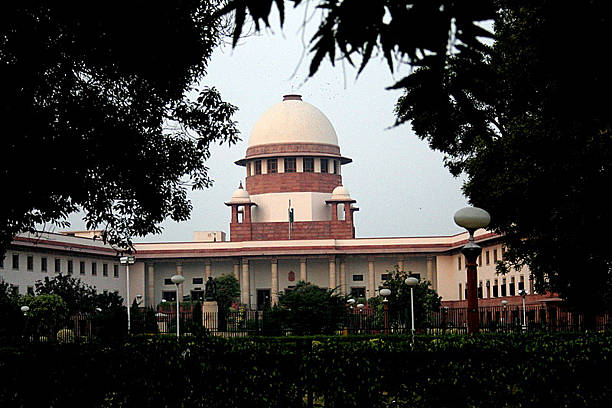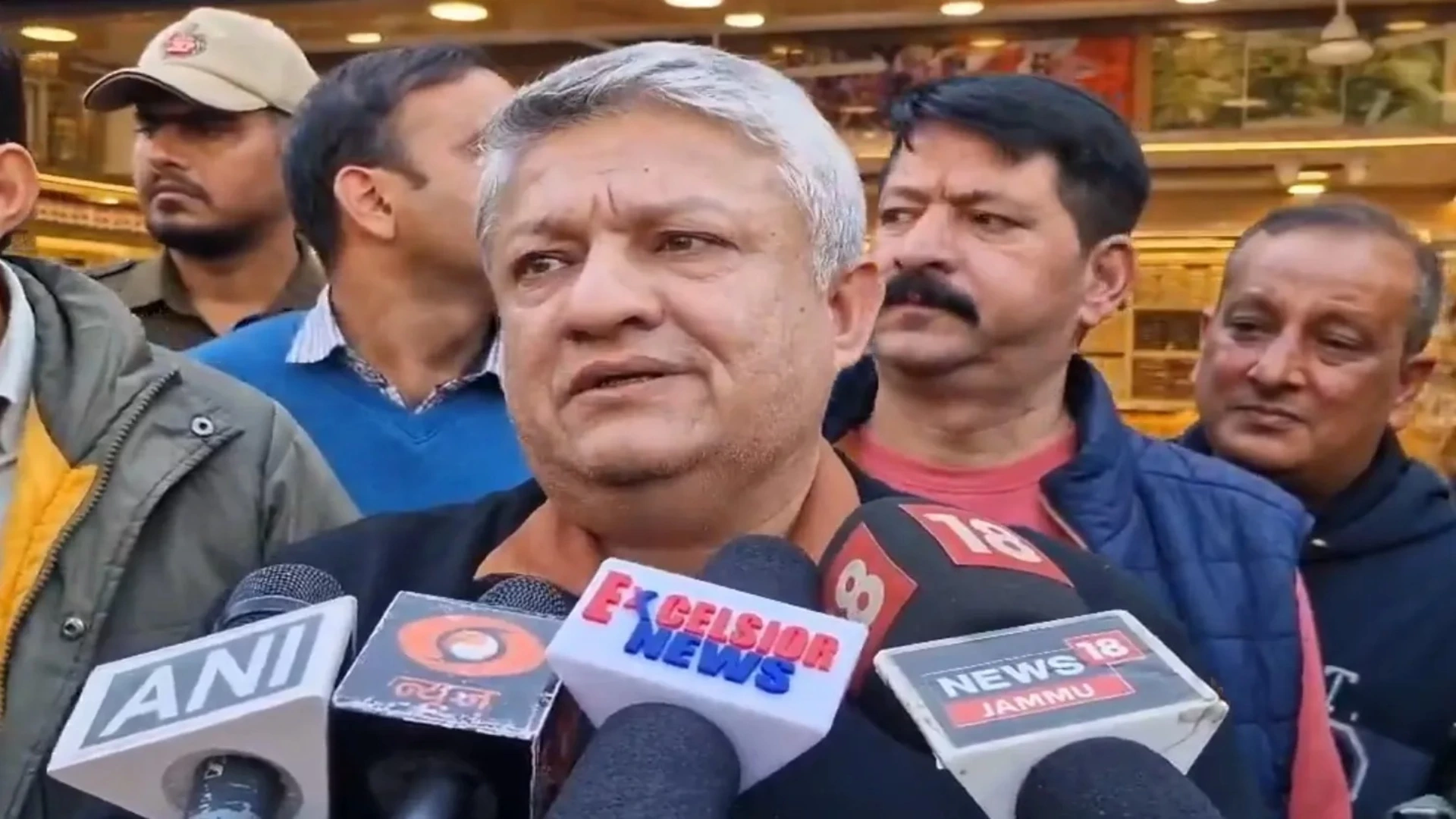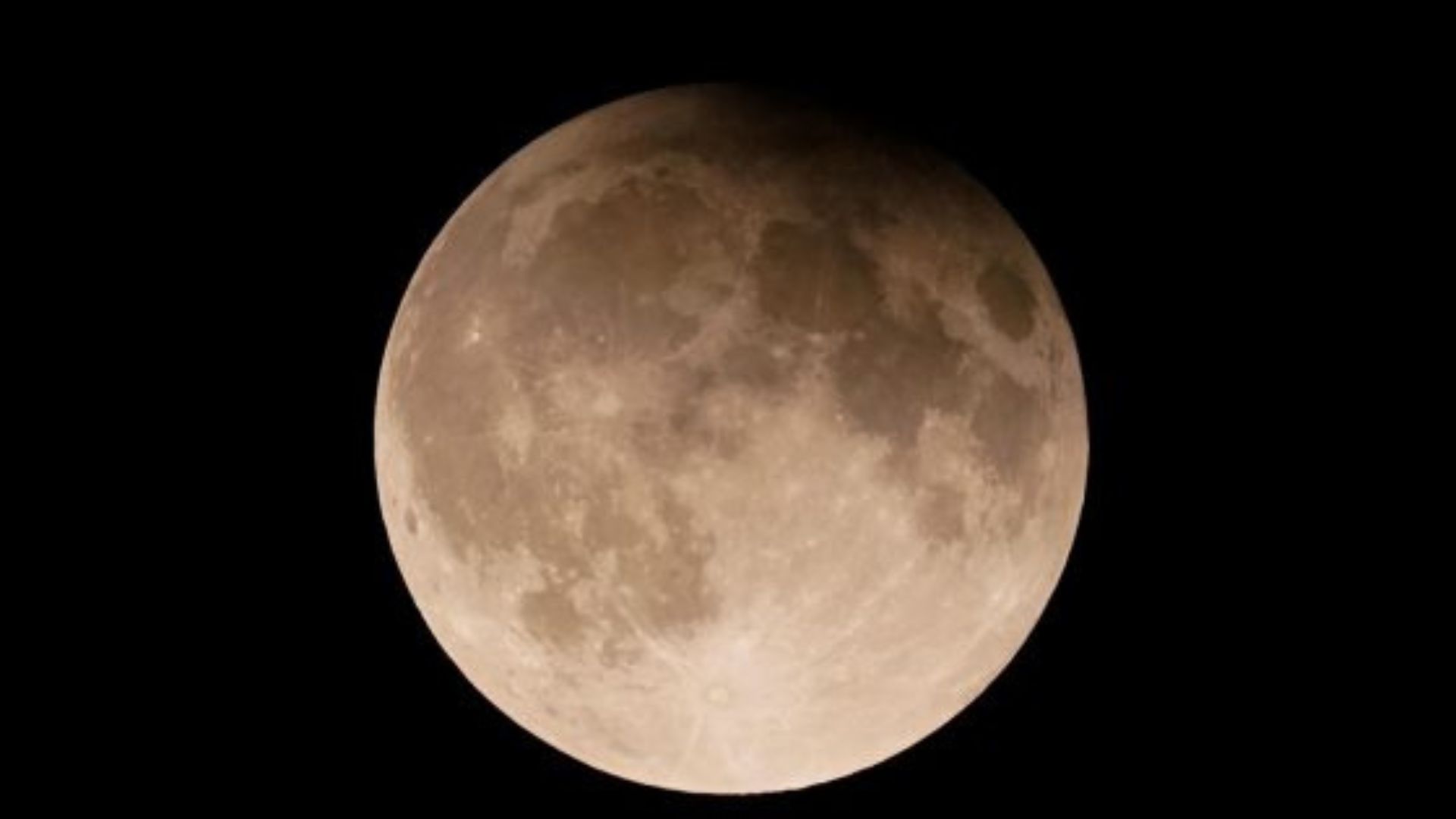
The Supreme Court in the case Ashwini Kumar Upadhyay v. Union of India observed and has agreed to reconstitute a Constitution Bench for hearing a batch of petitions, wherein challenging the constitutional validity of the practice of polygamy and Nikah Halala allowed by Muslim personal law.
In the present case, previously eight petitions challenging were listed before a 5-judge bench comprising Justices Indira Banerjee, Hemant Gupta, Surya Kant, MM Sundresh and Sudhanshu Dhulia. The notice has been issued by the bench to the National Human Rights Commission, National Commission for Women and the National Commission for Minorities.
The Advocate, Mr. Ashwini Kumar Upadhyay, petitioner-in-person mentioned before a Bench comprising the Chief Justice of India, D.Y. Chandrachud, Justice Hima Kohli and Justice J.B. Pardiwala in the case observed that since the Justices Indira Banerjee and Hemant Gupta have retired, a new Constitution Bench be formed for hearing the batch of pleas.
However, the CJI assured, “We will form a Bench.”
In March 2018, the cases were referred to a 5-judge bench by a 3-judge bench. The present petition has been filled by few Muslim women Naisah Hasan, Sabnam, Farjana, Sameena Begum and also advocates Ashwini Upadhyay and Mohsin Kathiri, wherin challenging the constitutional validity of the polygamy and nikah-halala. One of the petitions has been filled by an organisation named Muslim Women’s Resistance Committee. In the case, Jamiat-Ulama-I-Hind has intervened by supporting the practices.
It was stated that according to Sharia or the muslim personal law, men are allowed for practicing polygamy that is, they can have more than one wife at the same time, up to a total of four. Thus, the ‘Nikah halala’ is a process in which a Muslim woman has to marry another person and get divorced from him before being allowed to marry her divorcee husband again.
A ban on polygamy has been demanded by the petitioners and Nikah-Halala saying it renders Muslim wives extremely insecure, vulnerable and infringes their fundamental rights. It has been prayed in the plea that Section 2 of the Muslim Personal Law (Shariat) Application Act be declared unconstitutional and violative of Articles 14 (right to equality), Article 15 (the discrimination on ground of religion) and Article 21 (right to life) of the Constitution, insofar as it seeks to recognise and validate the practice of polygamy and nikah-halala.















